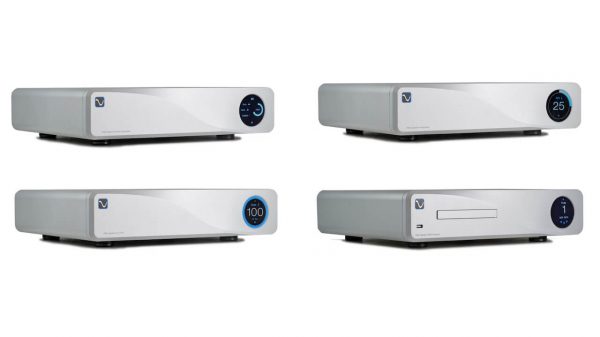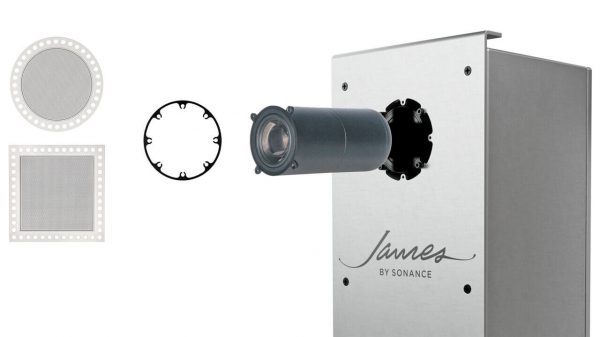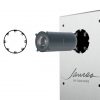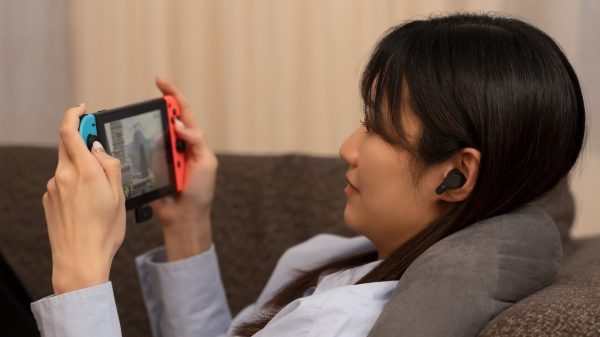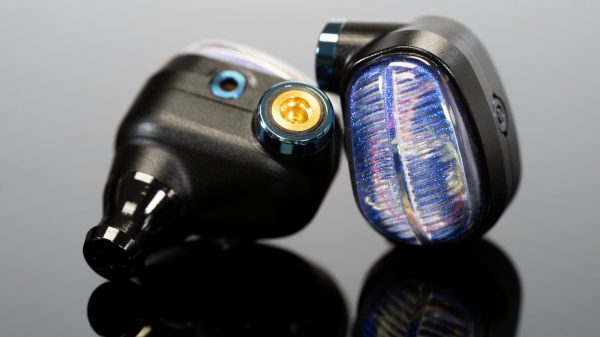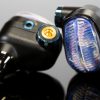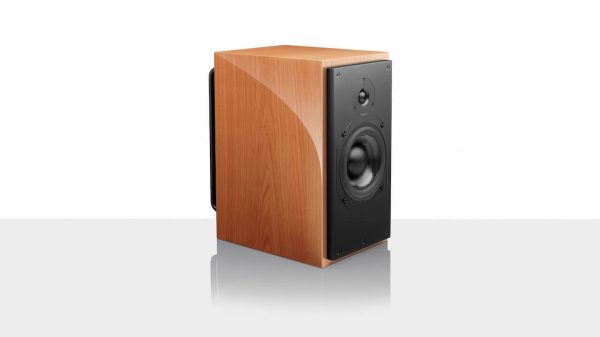For Immediate Release
Contact: Jenny Barrett, Chelsey Tyson
Parks Associates
972-490-1113
Email: Jenny@parksassociates.com, Chelsey@parksassociates.com
In-Home Health Monitoring Market Faces Near-Term Uphill Struggle
Seniors and Baby Boomers Lukewarm to Service Concept, Frugal on Spending
Dallas, Texas, January 24, 2006 — The U.S.’s senior and baby boomer populations are not currently receptive to in-home health monitoring, according to Parks Associates’ Delivering Quality Healthcare to the Digital Home, which reports that two-thirds from both populations see little to no value in these services.
Of the one-fifth who find the service valuable, 60% would still not spend extra money, either out-of-pocket or in higher healthcare premiums, for in-home health monitoring. Only 20% would accept a moderate increase in health insurance premiums, and another 16-20% would be willing to pay out-of-pocket for it.
According to Parks Associates, in-home health monitoring is a service that allows patients to use network-connected measurement devices, such as glucose meters, weight scales, and peak flow meters, to collect vital signs at home and send electronic data to clinicians for ongoing chronic condition monitoring.
“Low interest in this service among the grey-power generation and the baby boomers stems from multiple reasons, including the fact that the service is a novelty to many senior citizens, who are typically slow to adopt new technologies in the first place,” said Harry Wang, research analyst at Parks Associates. “The seemingly complex applications inhibit adoption.”
Wang added that the industry is still attractive in the long term. As the nation’s population ages, wealthy baby boomers will bring their do-it-yourself lifestyles to the personal care management business. Over time, the industry will receive another boost once the cost-saving benefits of home care monitoring services are clearly documented and recognized by insurers.
“The industry, which is composed of many small, private companies, is suffering from a lack of consumer understanding and poor reimbursement mechanisms in the private and public sectors,” Wang said. “This situation will be improved once influential constituents, such as the U.S. government, large employer groups and health plans, and IT giants, make a concerted effort to remove those speed bumps.”
Delivering Quality Healthcare to the Digital Home is a comprehensive industry report analyzing the emerging technologies and their applications in the healthcare industry. Using data from Parks Associates’ recent survey Bundled Services & Residential Gateways: 2005, it focuses on products and services that help consumers manage their chronic disease states at home through advanced communication tools, self-diagnostic devices, and home-monitoring appliances. The report also examines incentives, regulatory and reimbursement issues, and the drivers and barriers for the implementation of home-based care services. Finally, the report profiles emerging players and offers a future roadmap for this industry.
For additional information on Delivering Quality Healthcare to the Digital Home or Bundled Services & Residential Gateways: 2005, visit www.parksassociates.com or contact 972-490-1113 or sales@parksassociates.com.
About Parks Associates: Parks Associates is a market research and consulting firm focused on all product and service segments that are “digital” or provide connectivity within the home. The company’s expertise includes home networks, digital entertainment, consumer electronics, broadband and Internet services, and home systems.
Founded in 1986, Parks Associates creates research capital for companies ranging from Fortune 500 to small start-ups through market reports, multiclient studies, consumer research, workshops, and custom-tailored client solutions. Parks Associates also hosts Fall Focus and co-hosts CONNECTIONS (in partnership with the Consumer Electronics Association) each year. www.parksassociates.com.

